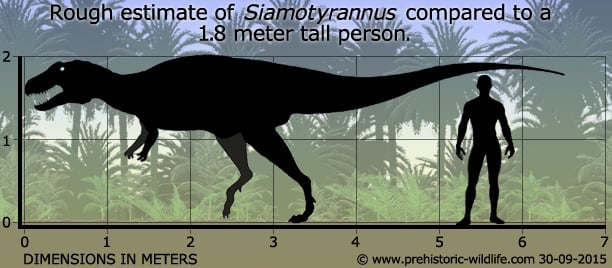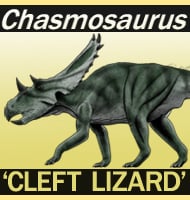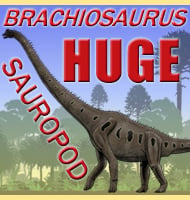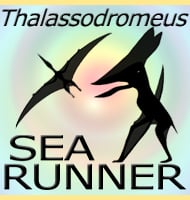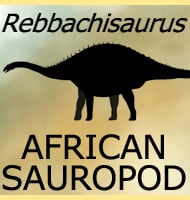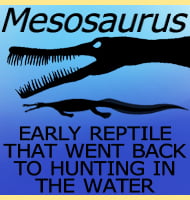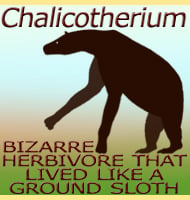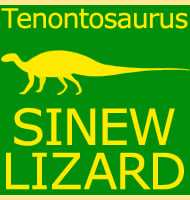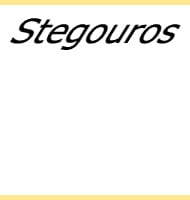In Depth
First named in 1996, Siamotyrannus was originally thought to represent one of the earliest known occurrences of a large tyrannosaur, hence the name Siamotyrannus which combines the old name for Thailand, Siam, with the ancient Greek for tyrant. However later studies of Siamotyrannus have come to the conclusion that Siamotyrannus was not a tyrannosaur but another kind of theropod called a metriacanthosaurid. Metriacanthosaurids were more primitive carnosaur theropods, and from these Siamotyrannus can be further classified as a metriacanthosaurine similar to genera such as Sinraptor, Shidaisaurus and of course Metriacanthosaurus.
Going by the holotype fossils, Siamotyrannus would have been a medium sized predatory dinosaur that may have hunted dinosaurs such as the ornithomimosaur Kinnareemimus and the titanosaur Phuwiangosaurus. Siamotyrannus should not be confused with Siamosaurus, a spinosaurid theropod genus so far only based upon teeth found at the same Fossil Bearing Formation as Siamotyrannus.
Further Reading
- The earliest known tyrannosaur from the Lower Cretaceous of Thailand. Nature 381:689-691. - E. Buffetaut, V. Suteethorn & H. Tong - 1996. - Early Cretaceous dinosaurs from Thailand and their bearing on the early evolution and biogeographical history of some groups of Cretaceous dinosaurs, by E. Buffetaut & V. Suteethorn. In Lower and Middle Cretaceous Terrestrial Ecosystems. New Mexico Museum of Natural History Bulletin 14. p. 205-210, Lucas, Kirkland & Estep (eds). - 1998.
